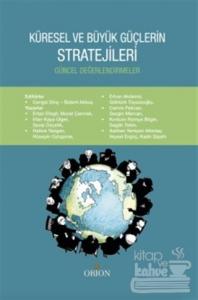
Poverty, hunger and famine are the common problems of Sub-Saharan African countries. İnternational organizations, affluent countries and philanthropic institutions provide development aid to Sub-Saharan African countries in order to deal with these problems. Together with mmeber states, the European Union is one of the largest providers of development assistance to Sub-Saharan African countireis. This book examines the EU's relations with Sub-Saharan African countries with respect to development cooperation policy. İt investigates te actors and instruments of the Unions's development cooperation policy toward Sub-Saharan Africa over the past decade. İt provides a comprehensive analysis of recent changes in the EU development cooperation policy and explains the implications of these changes for Sub-Saharan African countries.
Poverty, hunger and famine are the common problems of Sub-Saharan African countries. İnternational organizations, affluent countries and philanthropic institutions provide development aid to Sub-Saharan African countries in order to deal with these problems. Together with mmeber states, the European Union is one of the largest providers of development assistance to Sub-Saharan African countireis. This book examines the EU's relations with Sub-Saharan African countries with respect to development cooperation policy. İt investigates te actors and instruments of the Unions's development cooperation policy toward Sub-Saharan Africa over the past decade. İt provides a comprehensive analysis of recent changes in the EU development cooperation policy and explains the implications of these changes for Sub-Saharan African countries.










